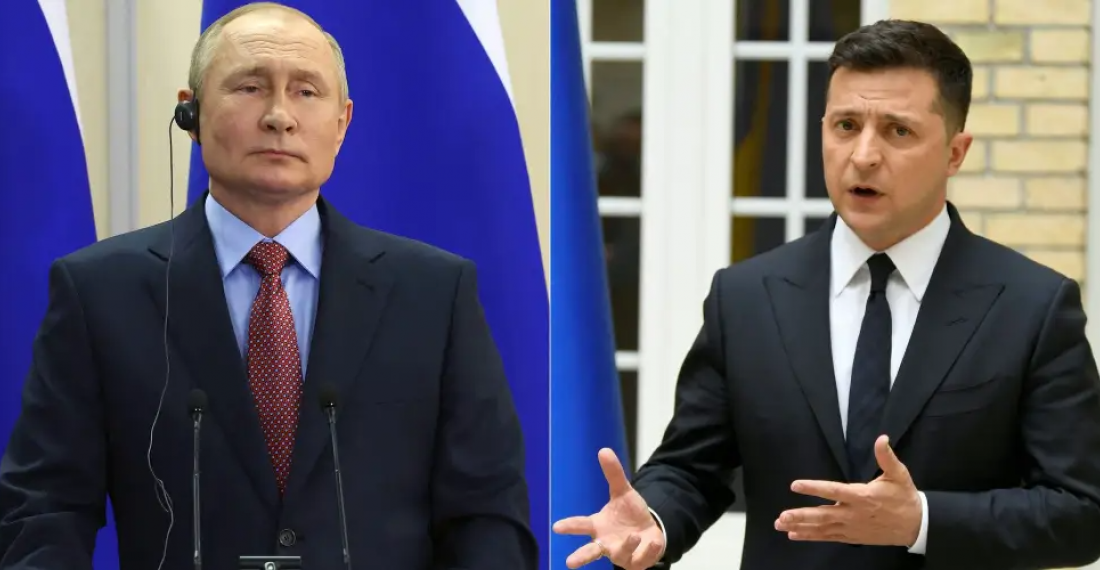Ukrainian President Volodymyr Zelensky has signed a decree formally stating that Ukraine will refuse to negotiate with Russian President Vladimir Putin, while still leaving open the prospect of talks with Russia under a different president.
The decree, signed on Tuesday (4 October), officially formalises Zelensky’s comments on Friday (30 September) that Ukraine is ready for dialogue “but with another president of Russia”.
Reacting to the decree, Kremlin spokesman Dmitry Peskov said Russia will continue to carry out its “special military operation” for as long as Zelensky blocks negotiations. Peskov added that “We [Russia] will either wait for the current president [Zelensky] to change his position or wait for the next president to change his position in the interests of the Ukrainian people.”
The decree is a response to Putin’s annexation of Ukraine’s Donetsk, Luhansk, Kherson and Zaporizhzhia oblasts on 30 September, none of which are actually under full control of Russian forces. Indeed, the Kremlin has since said that it will “consult with local communities” to finalise where the borders of these “annexed” regions lie, despite the annexation having already been ratified by the Russian parliament.
Ukraine and the West have denounced the annexation that came after highly dubious so-called “referenda” were conducted in the occupied areas of the four regions in late September. Since the end of the summer, the Ukrainian Armed Forces have recaptured significant areas of the country, and have said it will continue their attempts to do so.
This week, Putin turns 70 and there are no signs of his retirement anytime soon; neither are there any indications that either president will back down. It therefore seems unlikely there will be any direct peace talks between both presidents in the near future.
source: commonspace.eu with agencies
photo: Valery Sharifulin, Bertrand Guay/AFP via Getty Images






